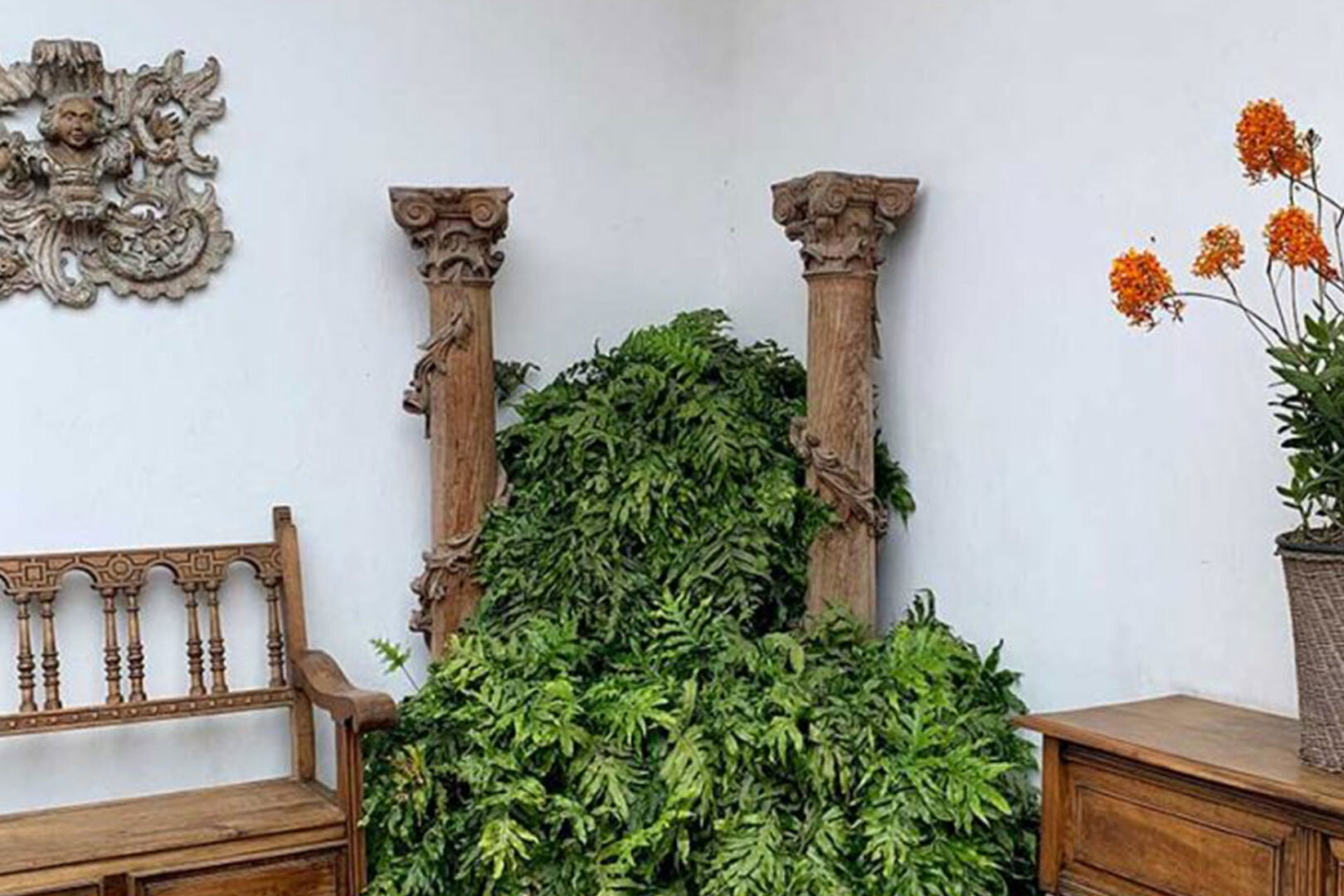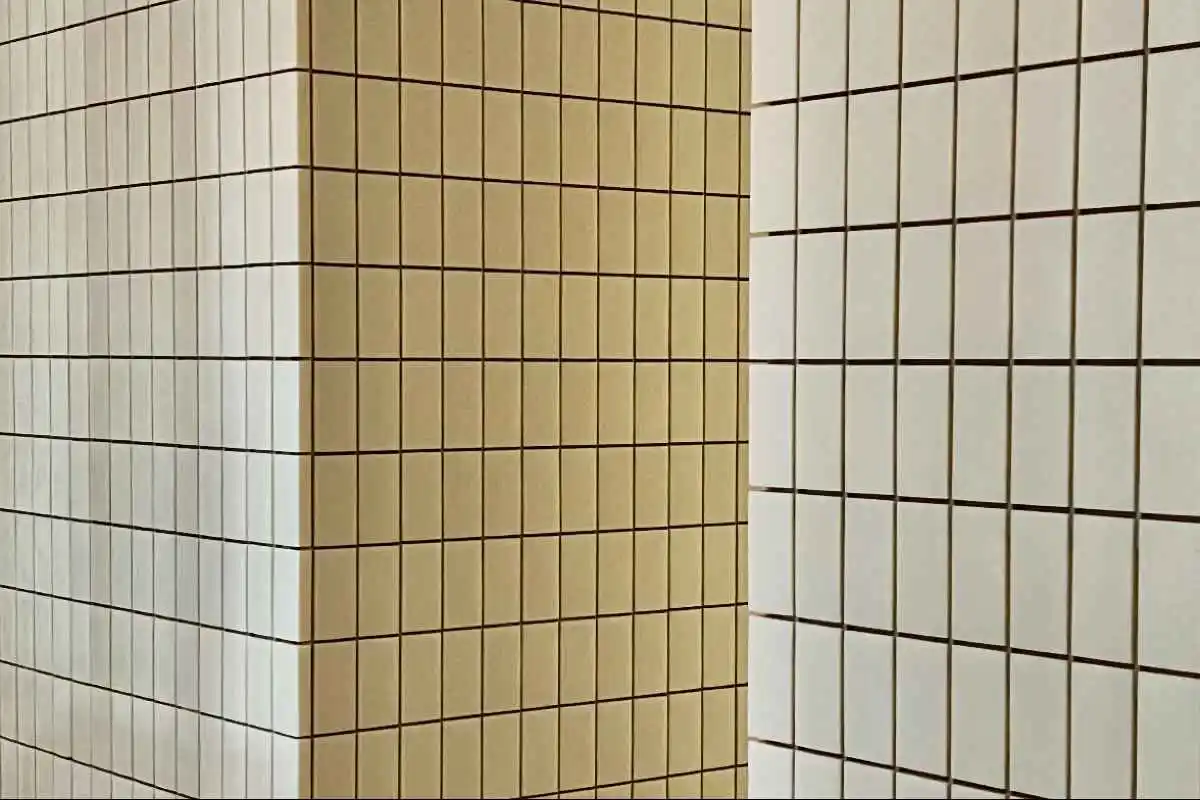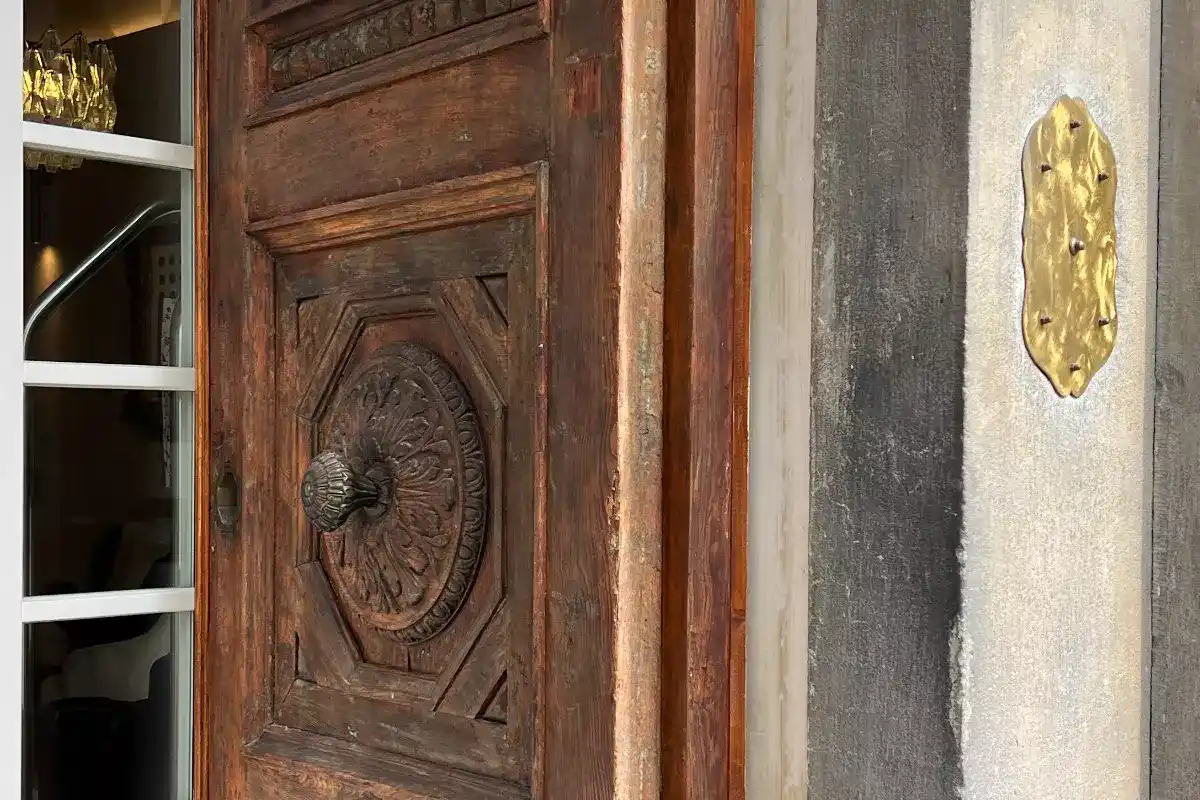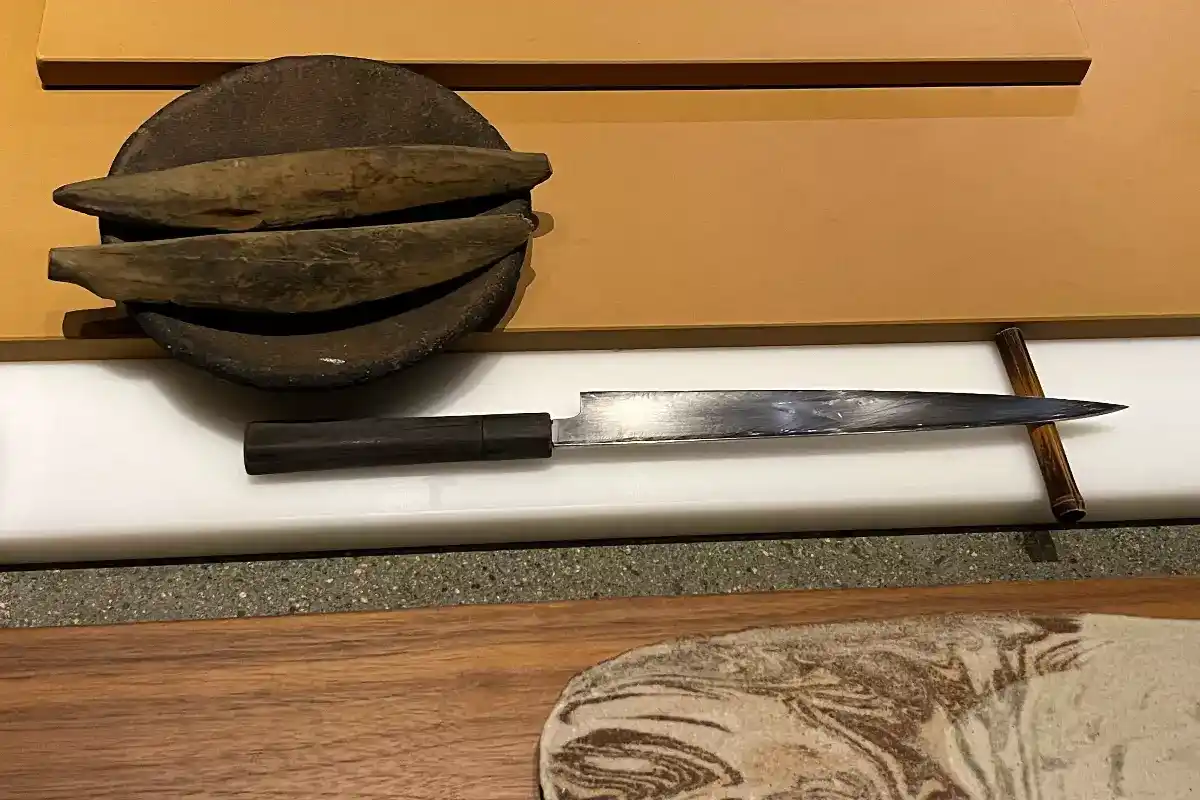«A museum-style exhibition place that supports and promotes designers. It makes no sense to me to take money from people that don’t earn». In conversation with Yasemin Aydan
Dot Concept Store in the North of Istanbul
Sculptures, candles, kid’s toys, antiques, jewelry and soaps. Dot Concept Store in the North of Istanbul – close to Belgrade Forest – was founded in November 2017 by architect and artist Yasemin Aydan. It sells items of over one-hundred Turkish designers, vintage and handmade pieces the owner collects on her travels around the world. «When I was 15 years old, I moved to Italy to study at high school. Soon after I found myself visiting Morocco and India. I was mesmerized with traveling, concept stores, flea markets and antiques», Aydan recalls.
Drawn to design and architecture, she decided to study the latter at Bilgi University after her return to Istanbul. It didn’t take long until she realized that buildings weren’t her driving force. «I spent my nights creating models, details and handmade designs captivated my attention. I developed an interest in sustainability. My final project was an eco-farm. During this time, the idea of Dot Concept Store came to shape».
The two-floor concept store is an exhibition-style shop that has a workshop area and a cafe downstairs. Aydan designed its interiors from beginning to end. «I didn’t draw it out before-hand, it happened while I was working on-site. I used white in the store because it reminded me of the Greek islands. And the mosaics at the entrance are taken from Marrakech. It took me two weeks to put them up by hand».
Aydan sells three collections in her store. Items by Turkish designers, antiques from art fairs – bought in Italy – and designs she collects when traveling. «When I started out, I went to design fairs in Turkey to meet with the artists and get to know them and their works. Now I use Instagram to find out about trends and designers, and artists approach me for collaborations», she says.
When choosing what to sell, the twenty-nine-year-old says: «there is no point in selling identical items by designers in one shop». Aydan does not rent out stands or group the items by designers, but matches them according to her taste. She does not charge artists to exhibit their works. «The store is a museum-style exhibition place that supports and promotes designers. It makes no sense to me to take money from people that don’t earn. If an item is sold, I take an agreed percentage».
Arch Dot Jewelry line
As for antiques, when browsing fairs, the concept store founder asks about the piece’s story, how it was made and if it is certified. But, information about previous owners is not a criterion. «In countries I have visited, artists struggle to make a living of handicraft. I make it my mission to buy from them, to encourage them to keep doing what they are doing. While, at the same time, introducing my customers to designs from places out of their reach».
While interacting with visitors, Aydan realized that she grappled to answer questions about materials or the making process. As a result, she decided to dive into the subject matter and get hands-on experience. «I took courses and workshops to understand how the designs were made, how long it took to make them, which determined the price, and what materials were not taking advantage of our resources and environment», she says. «That is how my line, Arch Dot Jewelry, came to life which is available at the store. While I am in no rush, I look forward to designing in the future. Apart from jewelry, I have started making ceramics».
Talking about the future: «we see the consequences, like earthquakes and shortage of water. But, it looks like people are not aware of what is happening». As a result, she chooses designers using resources such as cotton, who dye their clothing with plants instead of chemicals, hand-knit baby clothes or produce cosmetics as soaps made with olive oil.
While shopping with an essence for sustainability is not common practice in Turkey, she hopes that the mentality will switch in the future. «People in Turkey are becoming aware of their surroundings. In my area, there are peers that have studied or worked abroad and brought yoga and meditation back to Turkey». As for consumption: «Buy what you like and what you need without hoarding». Essential clothing is on her customer’s wish list.
Asked if she was following trends by keeping the lines to neutral colors and shapes, she shakes her head. «While I follow trends as part of the business, the aesthetics are what I select and if it fits with what is in demand at the moment. I appreciate light colors and the Scandinavian bohemian style».
When the Covid-19 pandemic hit, Yasemin Aydan took her business online. A step she would have not considered under normal circumstances, she says. «My philosophy is that people should be able to see and touch a piece of design before they buy it. I was about to open the renovated place back in March right when the pandemic hit, and I needed to find a way to keep the business alive».
She has taken the decision to offer limited products on the internet. «If I have two glasses of a designer in my shop, you can purchase the two glasses, but cannot expect to receive additional pieces». She stresses promoting her designers in the shop and on virtual platforms by including their names on social media handles and taking videos to show the customer who is behind the pieces and how they are made.
Covid-19 impact on the fashion industry
Besides shopping online, customer requests coming from abroad, Aydan – who runs a design and architectural studio – noted changes due to Covid-19. «When designing homes last year, customers asked for darker colors and wood. Now, white and beige are in demand and it is because people realized while spending time at home that dark surroundings tend to make you depressed. The Scandinavian style is in demand. Turkish homes have walls that are decorated to the brim. Unlike Europe where kitchens have been designed as open spaces, here they use separate rooms meant for cooking purposes. Designs and architecture are turning to create meeting spaces. We have a tradition of drinking tea, a ritual that takes place in the living room. We are now having tea in the kitchen. While, we used to apply ceramics in our bathrooms. But now we use wallpapers, with patterns and designs from landscapes to elephants».
After the pandemic, Aydan plans to restart running workshops and exhibitions at the store and invite designers from the area to showcase and launch their lines. «When you talk to customers every day, you get an understanding of what they want which allows me to give the artists feedback on colors, materials and designs».
Customers will be able to book a design class with the owner in the future. «Customers have asked me to run jewelry workshops, and I have considered giving classes once the pandemic is over. Teaching how to make ceramics is another idea I have. As a girl, I wanted to be a teacher».
In a couple of years, Aydan envisions expansion. While she has no intention of turning Dot Concept Store into a chain, she does imagine opening a second store with an altered focus. «Except for the antiques and the pieces I collect when traveling, I sell Turkish designers. But with Instagram, the online shop and access to global markets, artists outside of Turkey approach me. Today, I turn them down. But, I could imagine opening a concept store dedicated to international designers».
Dot Concept Store
Göktürk Center, İstanbul Caddesi, 11/1, Eyüpsultan / İstanbul Turkey
Dot is a concept store that includes the products of Turkish designers.




















